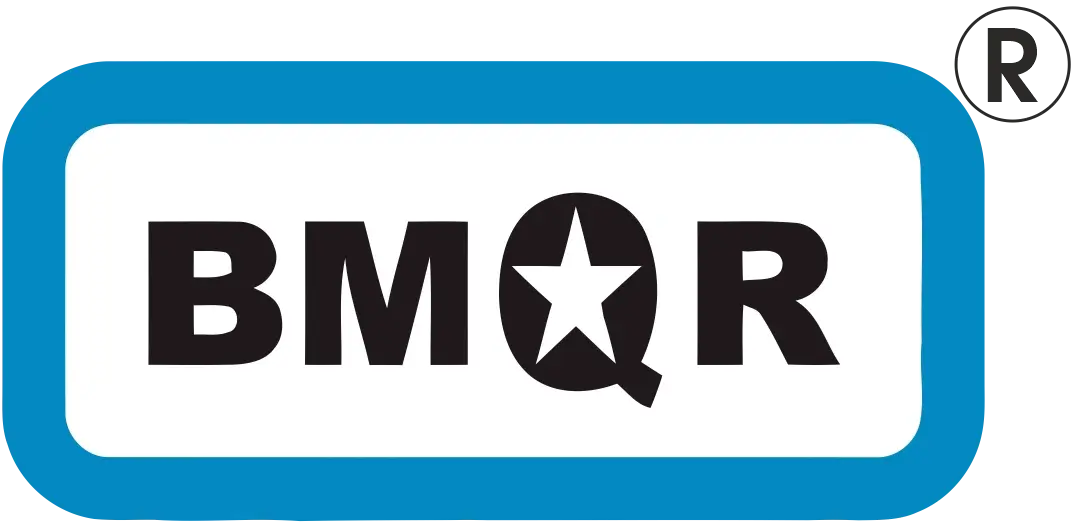Introduction:
ISO 27001 is a globally recognized standard that focuses on information security management systems. Designed to address pain points related to securing customer requirements and implementing vaccine-like control over sensitive information, ISO 27001 provides a comprehensive framework for organizations to protect their data, ensure confidentiality, integrity, and availability, and build a strong foundation of trust with their customers.
Safeguarding Customer Requirements:
Customers today are highly concerned about the security of their data and information. ISO 27001 equips organizations with the necessary tools and guidelines to safeguard customer requirements effectively. By implementing this standard, companies can identify and assess the risks associated with customer data and implement appropriate controls to mitigate those risks. This, in turn, enhances customer trust and confidence in the organization's ability to protect their sensitive information.
Implementing Vaccine-like Control over Information:
Just as vaccines protect individuals from harmful diseases, ISO 27001 acts as a preventive measure against information security threats. The standard enables organizations to implement a proactive approach to information security, reducing the likelihood of data breaches, cyberattacks, and unauthorized access to critical information. By establishing a robust information security management system, companies can effectively control and protect their data, ensuring that it remains confidential, accurate, and available when needed.

Assessing and Managing Information Security Risks:
ISO 27001 emphasizes the importance of conducting regular risk assessments to identify potential vulnerabilities in an organization's information security infrastructure. By identifying these risks, companies can develop and implement risk management strategies to address vulnerabilities and prevent potential security incidents. This proactive approach helps organizations stay ahead of potential threats, minimize risks, and safeguard their customer's sensitive information effectively.
Demonstrating Commitment to Information Security:
ISO 27001 certification serves as a powerful testament to an organization's commitment to information security. By achieving this certification, companies send a clear message to their customers that they take data protection seriously. Customers are more likely to trust and prefer organizations that have demonstrated their dedication to maintaining the highest standards of information security. ISO 27001 certification can also be a competitive advantage, especially when vying for contracts or partnerships that involve the exchange of sensitive information.
Establishing a Culture of Information Security:
ISO 27001 promotes a culture of information security within an organization. Through employee training and awareness programs, employees become actively involved in the protection of sensitive information. This culture fosters a sense of responsibility among employees to handle data securely and report any security incidents promptly. Such an approach significantly reduces the risk of internal data breaches and strengthens the organization's overall security posture.
Conclusion:
ISO 27001 is an indispensable tool for organizations seeking to address pain points related to securing customer requirements and implementing vaccine-like control over information. By safeguarding customer data, implementing proactive information security measures, assessing and managing risks, demonstrating commitment to data protection, and fostering a culture of information security, companies can effectively build customer trust, protect their reputation, and mitigate the impact of potential security incidents. ISO 27001 certification not only strengthens an organization's ability to protect sensitive information but also positions it as a reliable and secure partner in the marketplace, leading to enhanced business opportunities and long-term success.






